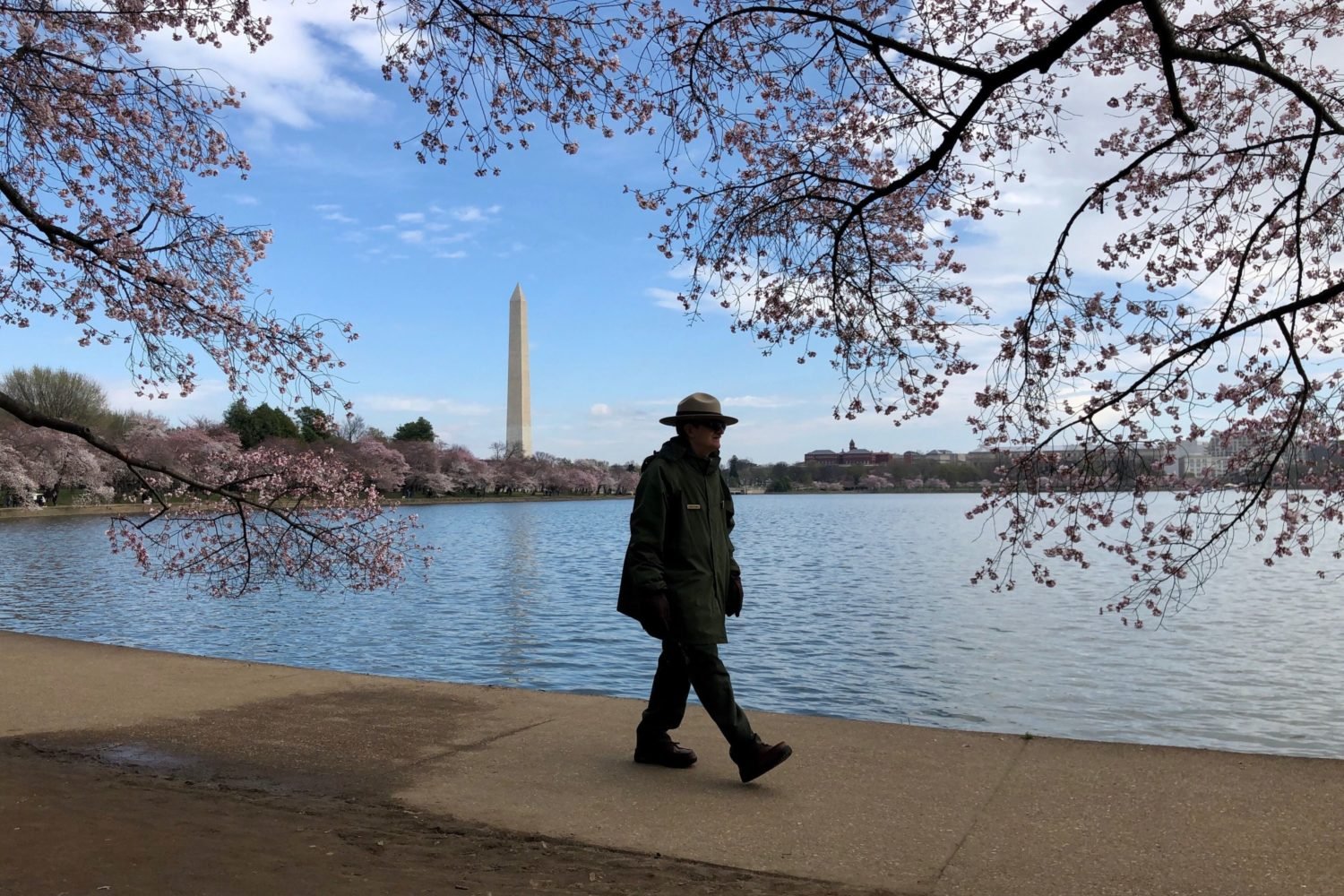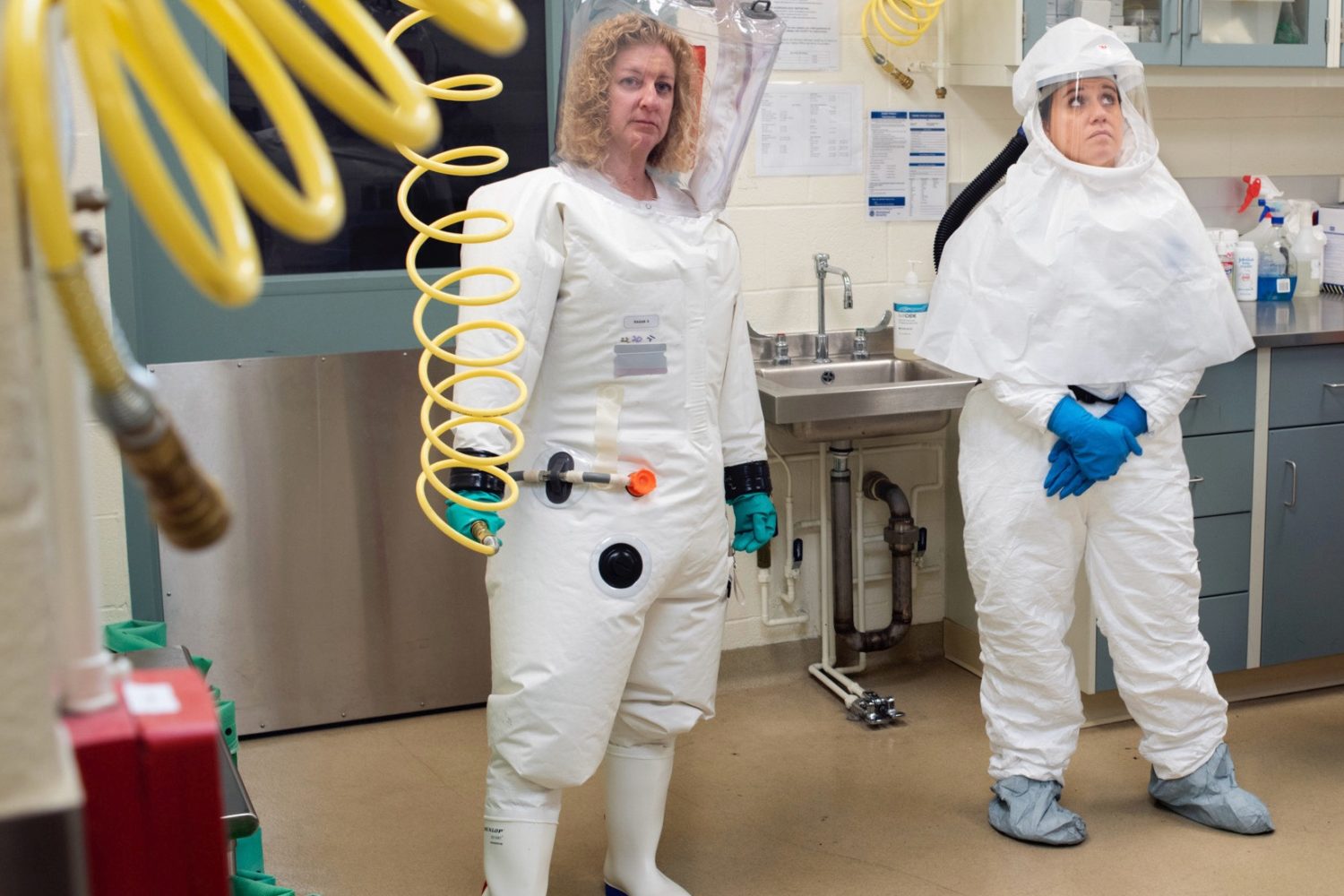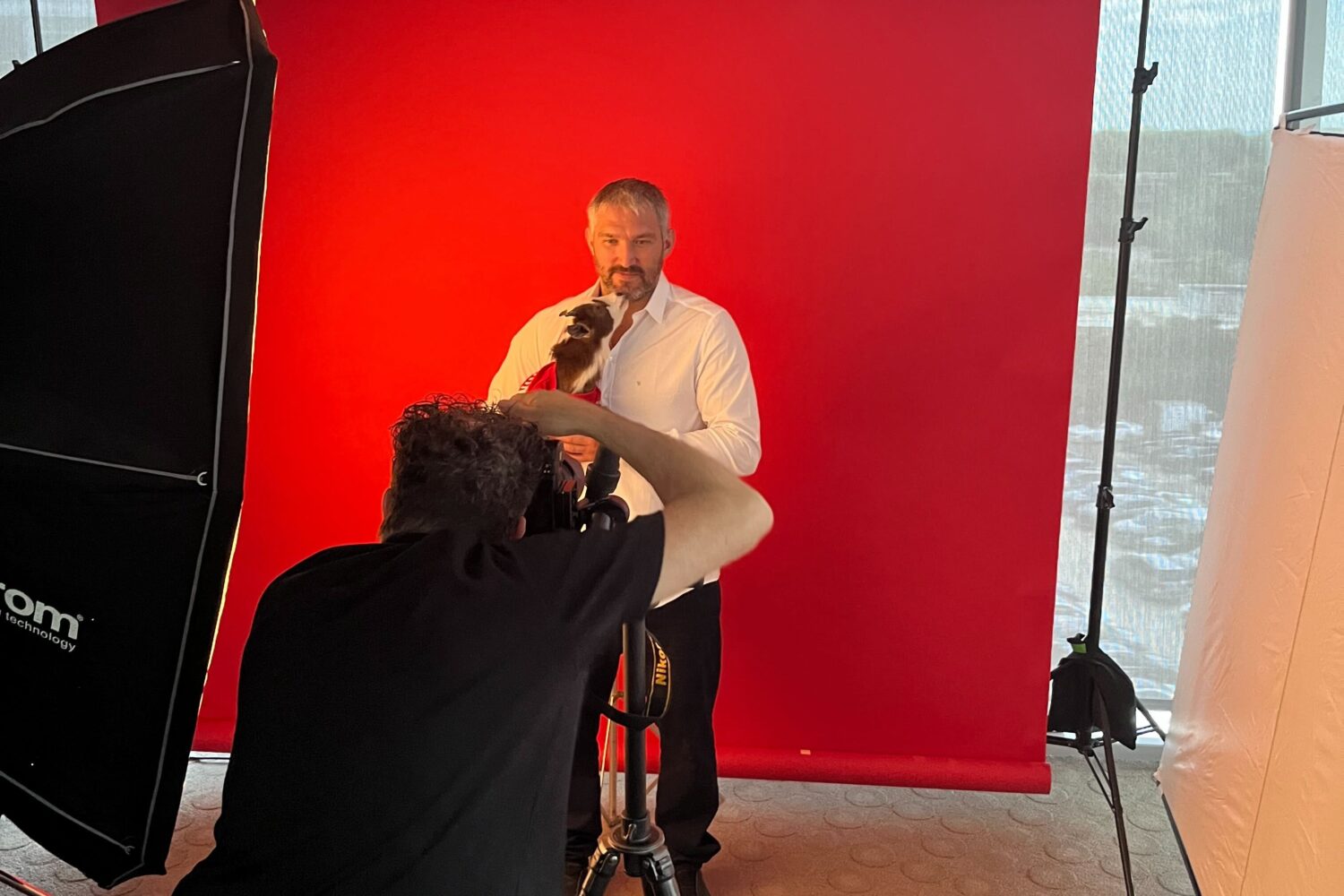About Coronavirus 2020
Washingtonian is keeping you up to date on the coronavirus around DC.
The people who are asking for ethical guidance around the coronavirus are likely the same people who are already taking time to consider the ethical ramifications of their actions. Following from this, it seems that if someone wants to make an improvement in the ethical quality of the average decision, they should focus not on fine tuning the ethics of the already conscientious but in pushing for change among less ethically conscientious people, businesses, and governments. How can those of us who are concerned about ethics affect those people and organizations that are not so concerned with the wider consequences of their actions or policies? In the case of people, how can one explain that going out unnecessarily is potentially harmful without appearing domineering or rude? In the case of business, is not buying their goods sufficient to change practices? Or will the change in demand from that loss in business be invisible given the free-fall in demand that many businesses are experiencing? I am worried that anything short of a boycott by a large number of consumers will be but a small splash in a stormy sea and will not even be visible from the helms of many large businesses such as Amazon.
Daniel P. Sulmasy, MD, PhD, acting director of the Kennedy Institute of Ethics and a faculty member of the Pellegrino Center, Georgetown University: The issues you raise are extremely important. You are correct that many of the questions we have addressed in this series were submitted by very conscientious persons. It may be the case that Prof. Stohr and I have been “preaching to the choir.” Nonetheless, helping good people to become better, or helping good people to help those around them to be better, are worthwhile endeavors. I hope you will agree that this work has not been pointless.
You are right, however, that there are also large scale, systematic issues to address at the level of public policy. How do we get everyone on board with social distancing and other public health measures? How do we get local governments and the private sector to do their parts for the public good?
From an ethical point of view, the means we employ in the service of such goals must balance individual liberty against the common good. At least in liberal democracies, one widely held principle of public health ethics is the principle of restraint—one should only employ the least coercive and least invasive means necessary to achieve an important public health goal. Controlling COVID-19 is an important public health goal. Many of us, however, saw some very forceful means used to achieve that goal in China—video clips in January depicted grandmothers who had violated stay-at-home orders being dragged along the street into detention vehicles by soldiers. I don’t think we want to go that route in the West. Nor do I think we want to use a network of surveillance cameras, facial recognition software, and the tracking of smartphone GPS systems to hunt down and punish those who do not obey the rules. Such techniques violate our sense of privacy and our commitment to human rights.
What we can do collectively is to persuade people to comply, appealing as best we can to their own innate sense of the common good, in combination with some minimum set of absolute rules that are enforceable by the police. The messaging should be consistent and reinforced at multiple levels: the government, the medical profession, the private sector, and the public all have roles. Beyond minimal rules, government and public health officials can employ public service announcements through multiple media platforms. They can even employ celebrities and other opinion leaders to help get the message across. Responsible journalism plays a role—reporting that reinforces good behavior and perhaps covers lapses with a dose of criticism. Merchants themselves have a role establishing rules of conduct within their premises, requiring social distancing, the wearing of masks, hand sanitizing, etc. Short of a full boycott, just encourage normal market forces among your friends. If Grocery Store A provides excellent customer safety and more people start going there to shop, Grocery Store B will get the message.
Voluntary compliance is not perfect, but I would prefer an imperfect system to perfect compliance under the authority of a medical police state. Law enforcement can play a role in enforcing some social distancing rules, but for the most part we should appeal to people’s good will. Actually, I have been impressed with how well Washingtonians have behaved. What individuals can do is to model good behavior and employ a little peer pressure. Reinforce good behavior. Carrots are better than sticks.

















